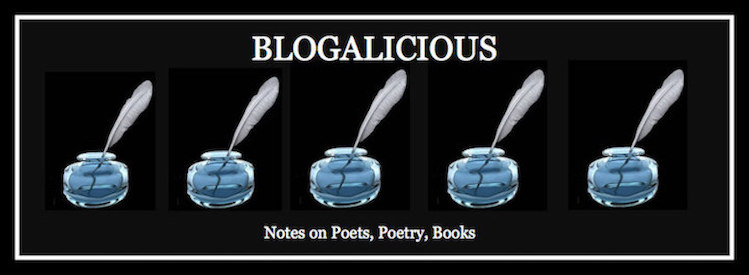Here are Kim's directions:
1. Begin with a line from someone else's sonnet.
2. Your poem must be 14 lines.
3. No meter or rhyme scheme.
4. One word from the first line must be repeated in each of the following 13 lines.
5. The last two lines must rhyme.
Now I think it would be fun if we each invent a form that is a spin-off of a known form. Then we name it using Kim's fusion method.
In my December Poetry Newsletter, which went out this morning, I recommended Strange Terrain: A Poetry Handbook for the Reluctant Reader, by Alice B. Fogel. Unfortunately, while the link had been working, I somehow messed up and the newsletter went out without an active link to Amazon. So I'm going to include my brief writeup here, along with the cover and link.
This month I'd like to recommend Alice B. Fogel's Strange Terrain: A Poetry Handbook for the Reluctant Reader. The book is designed to make poetry comprehensible and enjoyable to those who are intimidated by it. And it serves that purpose, but it also is a kind of primer, taking the reader chapter by chapter through an understanding of the elements of poetry. What to look for in a poem? What to appreciate? I think the book would also be useful to those hoping to enhance their own writing skills. It might also be useful to someone planning to lead a workshop as it proceeds in a developmental way with first things first, then moving on to more challenging areas. One aspect of this book that I find unique and interesting is that Fogel uses her own poems to illustrate the poetic concepts. I wasn't sure if I would like that approach, if it would seem egomaniacal. And what if I didn't like her poems? However, I found it enlightening and fascinating to observe a poet analyzing her own work, to witness this poet's mind at work. And I did like her poems.
 |
| Click Cover for Amazon |

Love your idea of creating forms! Somehow I missed your blog when the sonnenizio was up (so I will go back!), but I have run into the sonnenizio before (though I don't yet own Ordinary Genius...!) The Fogel book looks wonderful, too.
ReplyDeleteWhat age does this book appeal to? Would middle grade kids like it?
ReplyDeletePragmatic Mom from CoffeeShopBloggers
There are many activities in the book that would be workable with middle grade kids if filtered through the teacher. I recommend this book for adults who are looking to stimulate their writing of poetry.
ReplyDelete